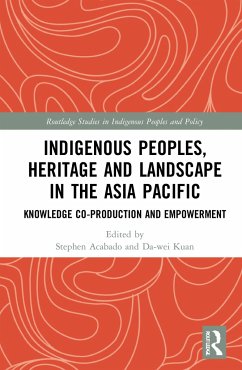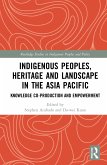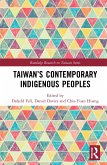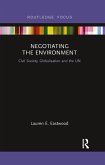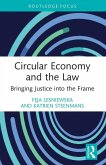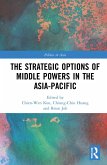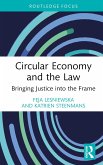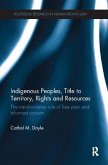This book demonstrates how active and meaningful collaboration between researchers and local stakeholders and indigenous communities can lead to the co-production of knowledge and the empowerment of communities.
Focusing on the Asia Pacific region, this interdisciplinary volume looks at local and indigenous relations to the landscape, showing how applied scholarship and collaborative research can work to empower indigenous and descendant communities. With cases ranging across Indonesia, Thailand, Taiwan, the Philippines, Cambodia, Pohnpei, Guam, and Easter Island, this book demonstrates the many ways in which co-production of knowledge is reconnecting local and indigenous relations to the landscape, and diversifying the philosophy of human-land relations. In so doing, the book is enriching the knowledge of landscape, and changing the landscape of knowledge.
This important contribution to our understanding of knowledge production will be of interest to readers across Anthropology, Archaeology, Development, Geography, Heritage Studies, Indigenous Studies, and Policy Studies.
Focusing on the Asia Pacific region, this interdisciplinary volume looks at local and indigenous relations to the landscape, showing how applied scholarship and collaborative research can work to empower indigenous and descendant communities. With cases ranging across Indonesia, Thailand, Taiwan, the Philippines, Cambodia, Pohnpei, Guam, and Easter Island, this book demonstrates the many ways in which co-production of knowledge is reconnecting local and indigenous relations to the landscape, and diversifying the philosophy of human-land relations. In so doing, the book is enriching the knowledge of landscape, and changing the landscape of knowledge.
This important contribution to our understanding of knowledge production will be of interest to readers across Anthropology, Archaeology, Development, Geography, Heritage Studies, Indigenous Studies, and Policy Studies.
"The words of Acabado and Kuan (p. 5) aptly summarise the book's value: 'Our co-production of knowledge is reconnecting local/Indigenous relations to the landscape and diversifying the philosophy of human-led relations. We are enriching the knowledge of landscape, while changing the landscape of knowledge.' Here is a book of solid interdisciplinary appeal, not only to the range of disciplines reflected by the authors, but also intellectually and professionally to architects, planners and landscape architects involved in heritage work. They should read it. This book convincingly puts forward the view that supports the contention that landscapes are shaped by human decision-making, formed because of human behaviour, not environmental constraints." - Ken Taylor, Built Heritage, (2022) 6:16

